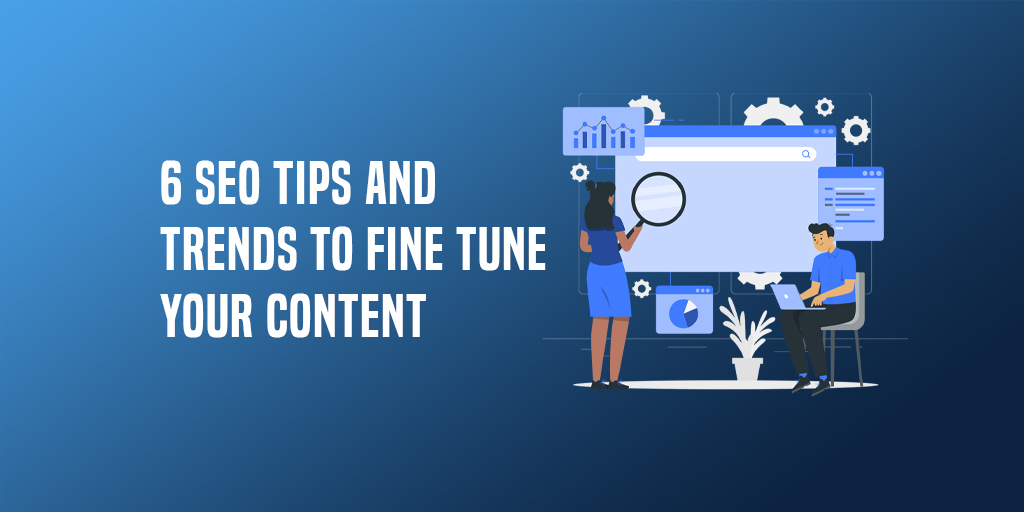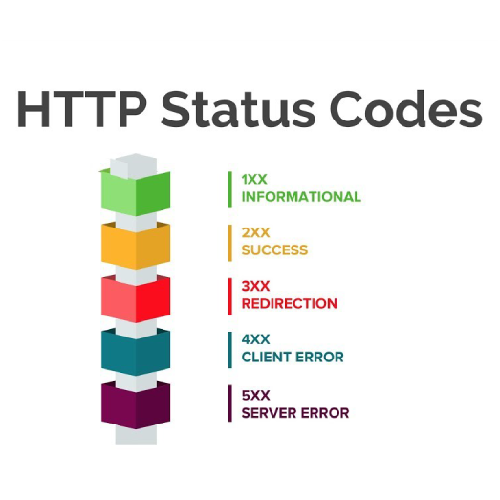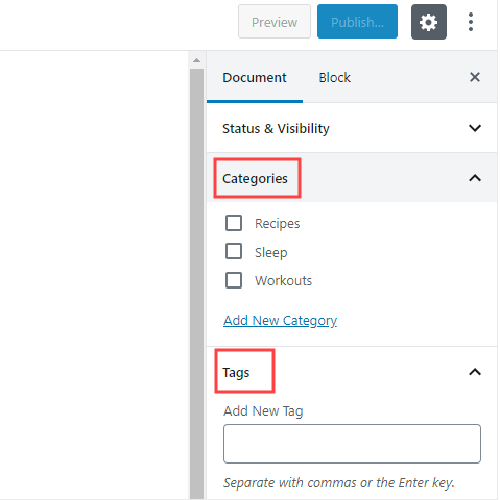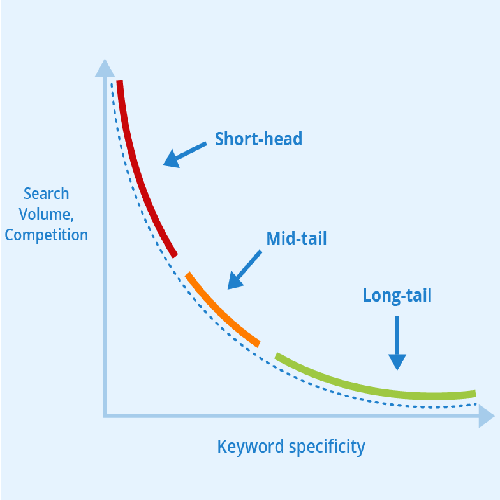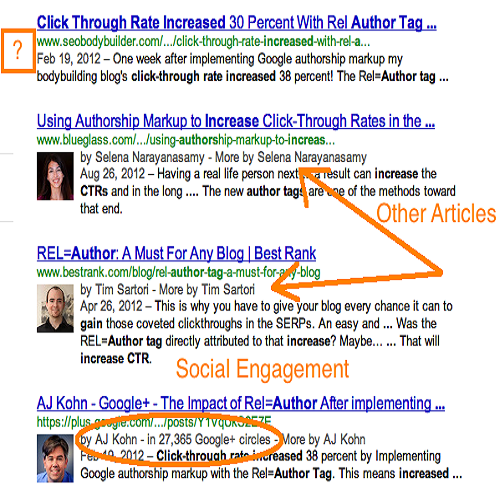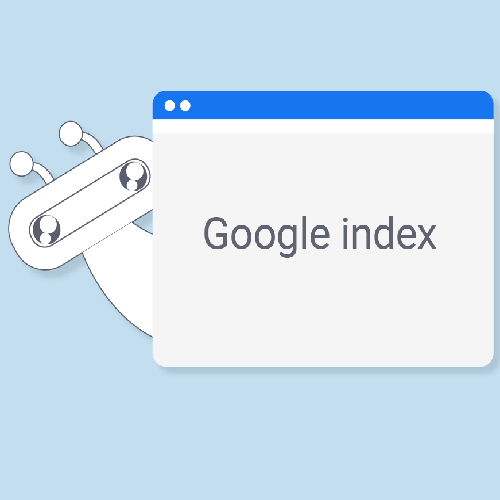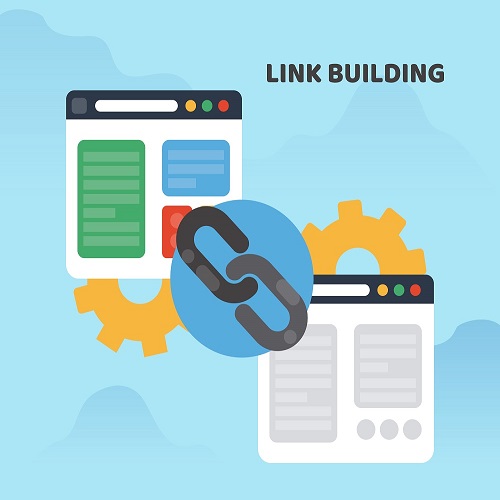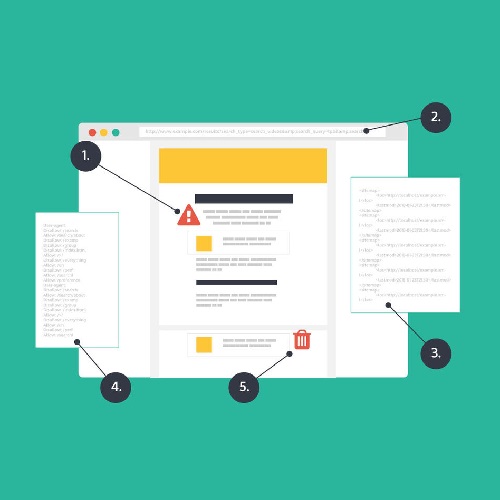Contact Us
Related Posts
Category

Optimizing XML sitemaps is an important SEO practice for businesses as it helps search engines, like Google, discover and index web pages. It is the reason why businesses employ various practices to keep their XML Sitemaps updated. But, there is a common belief among website owners that regularly updating Google XML Sitemaps improves SEO performance.
However, John Mueller from Google has busted this myth recently.
Mueller, a Google Search Advocate, has clarified that merely updating XML Sitemap Dates does not boost SEO performance and can eventually make it difficult for Google to recognize actual content updates.
Understanding this clarification is important for businesses and website owners to ensure their SEO efforts go in the right direction and generate measurable results.
The Reddit Discussion
The stated clarification from Mueller came in as a response on a Reddit forum called r/SEO. In this discussion, a user asked whether competitors can get higher ranks on search result pages by changing their Google XML Sitemaps date to the current date, sending a “freshness signal” to Google.
Mueller’s reply to this question mentioned that “It’s usually a sign they have a broken sitemap generator setup. It has no positive effect. It’s just a lazy setup.”
When another user asked how some websites rank higher despite using questionable practices, Mueller further explained that there are some “sneaky things” that might work well for SEO, but updating sitemap dates is completely ineffective. He also added that changing the Sitemap dates can make it harder for Google to spot truly updated pages and doesn’t work in favour of SEO.
Google XML Sitemaps: What Actually Works?
XML Sitemaps of your website help search engines understand when the content was last updated. It is the reason why SEO expert services dedicatedly focus on creating good sitemaps for websites to improve their rankings.
Google has already explained that the lastmod tag in XML Sitemaps should only reflect the date when a page was truly last updated. When used the right way, these tags tell search engines that a page has been updated and it needs to be recrawled.
Search engine algorithms prioritize real signals that enhance user experience. By focusing only on meaningful updates, website owners can ensure that their sitemaps genuinely support their SEO goals without creating unnecessary or false signals.
Why Does it Matter to You?
For businesses and website owners, Mueller’s clarification translates that while some SEO tactics like updating XML Sitemaps can significantly improve SEO performance, objectionable practices like unnecessary changes in dates can lead to negative consequences rather than improving website rankings.
What really matters for website owners and SEO expert services is to:
- Keep their Google XML Sitemaps updated
- Update lastmod tags only when noticeable changes are made
- Prioritize publishing valuable and authentic content
- Leverage white-hat SEO strategies for long-term results
The Wrap Up
It is an undeniable fact that updating XML Sitemaps can improve SEO performance, but only when done the right way. As Mueller has already mentioned, questionable tactics may not provide long-lasting advantages and may backfire at any time.
Rather, businesses and website owners should stick to using ethical SEO practices by partnering with professional SEO expert services and ensure Google’s smart algorithm prioritizes their website with genuine content updates rather than those with artificial changes to manipulate search rankings.

Optimizing XML sitemaps is an important SEO practice for businesses as it helps search engines, like Google, discover and index web pages. It is the reason why businesses employ various practices to keep their XML Sitemaps updated. But, there is a common belief among website owners that regularly updating Google XML Sitemaps improves SEO performance.
However, John Mueller from Google has busted this myth recently.
Mueller, a Google Search Advocate, has clarified that merely updating XML Sitemap Dates does not boost SEO performance and can eventually make it difficult for Google to recognize actual content updates.
Understanding this clarification is important for businesses and website owners to ensure their SEO efforts go in the right direction and generate measurable results.
The Reddit Discussion
The stated clarification from Mueller came in as a response on a Reddit forum called r/SEO. In this discussion, a user asked whether competitors can get higher ranks on search result pages by changing their Google XML Sitemaps date to the current date, sending a “freshness signal” to Google.
Mueller’s reply to this question mentioned that “It’s usually a sign they have a broken sitemap generator setup. It has no positive effect. It’s just a lazy setup.”
When another user asked how some websites rank higher despite using questionable practices, Mueller further explained that there are some “sneaky things” that might work well for SEO, but updating sitemap dates is completely ineffective. He also added that changing the Sitemap dates can make it harder for Google to spot truly updated pages and doesn’t work in favour of SEO.
Google XML Sitemaps: What Actually Works?
XML Sitemaps of your website help search engines understand when the content was last updated. It is the reason why SEO expert services dedicatedly focus on creating good sitemaps for websites to improve their rankings.
Google has already explained that the lastmod tag in XML Sitemaps should only reflect the date when a page was truly last updated. When used the right way, these tags tell search engines that a page has been updated and it needs to be recrawled.
Search engine algorithms prioritize real signals that enhance user experience. By focusing only on meaningful updates, website owners can ensure that their sitemaps genuinely support their SEO goals without creating unnecessary or false signals.
Why Does it Matter to You?
For businesses and website owners, Mueller’s clarification translates that while some SEO tactics like updating XML Sitemaps can significantly improve SEO performance, objectionable practices like unnecessary changes in dates can lead to negative consequences rather than improving website rankings.
What really matters for website owners and SEO expert services is to:
- Keep their Google XML Sitemaps updated
- Update lastmod tags only when noticeable changes are made
- Prioritize publishing valuable and authentic content
- Leverage white-hat SEO strategies for long-term results
The Wrap Up
It is an undeniable fact that updating XML Sitemaps can improve SEO performance, but only when done the right way. As Mueller has already mentioned, questionable tactics may not provide long-lasting advantages and may backfire at any time.
Rather, businesses and website owners should stick to using ethical SEO practices by partnering with professional SEO expert services and ensure Google’s smart algorithm prioritizes their website with genuine content updates rather than those with artificial changes to manipulate search rankings.























































